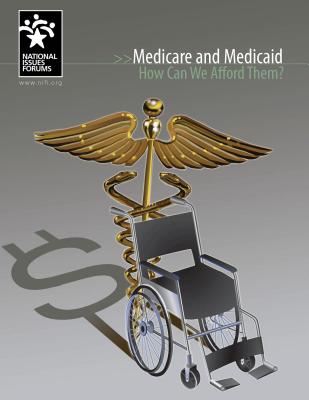

 National Issues Forums Institute
National Issues Forums Institute
Medicare and Medicaid: How Can We Afford Them?


Key Metrics
- Maura Casey
- National Issues Forums Institute
- Paperback
- 9780945639633
- -
- -
- Medical > Medicaid & Medicare
- English
 Secure Transaction
Secure TransactionBook Description
The 16-page guide presents three options for deliberation:
Do What It Takes to Maintain Our Commitment
Keeping the programs solvent may mean higher taxes for workers and companies, or raising the age of eligibility for Medicare. It could mean asking Medicaid patients to share the cost of their coverage. We need to do what is necessary to continue the commitment even if that costs everyone more. But, raising taxes to pay for both programs may cost them the broad-based support they now enjoy. Making people wait longer to collect Medicare or forcing the poor to pay part of their health care may cause people to delay getting help, resulting in higher costs later on.
Reduce Health-Care Costs Throughout the System
It is critical to put Medicare and Medicaid on a better financial footing. We need to pay for fewer lab tests people get and reduce money spent on end-of-life care. The U.S. government should negotiate for lower drug costs as other countries do. But, fewer tests may mean more people will die from undiagnosed illnesses. Less end-of-life intervention may mean that more people will die sooner than they would otherwise need to. And lowering the profits of drug companies will mean less money for research into better drugs that benefit everyone.
Get Serious about Prevention
One reason Medicare and Medicaid are headed for a crisis is because so many Americans have unhealthy lifestyles that cause them to develop preventable illnesses like diabetes and heart disease. We should stop expecting others to pay for the consequences of our bad choices. Government incentives should reward those who weigh less, eat right, and exercise more. But, an emphasis on prevention and requiring that people adopt healthier lifestyles would invite unfair scrutiny of their behavior and would increase government intrusion into people's lives.
Videos
No Videos
Community reviews
Write a ReviewNo Community reviews